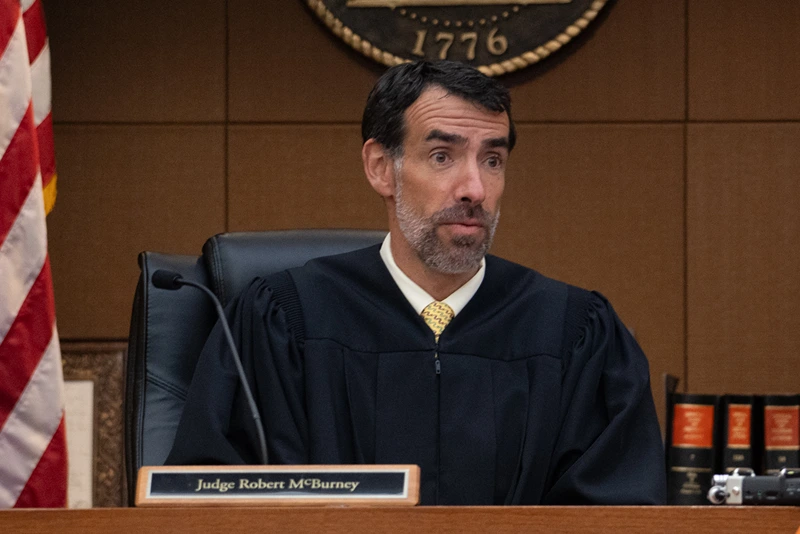America for Sale: Judge Insists that Rigged Votes Count

A Georgia judge has ruled that election officials in the state must certify vote counts by the deadline set in law, even if errors or certification fraud is suspected.
On Monday, Fulton County Superior Judge Robert McBurney ruled that “no election superintendent (or member of a board of elections and registration) may refuse to certify or abstain from certifying election results under any circumstance.”
He continued, explaining that officials will have the right to investigate their concerns about the vote count as well as the ability to review related documents. However, he also noted that “any delay in receiving such information is not a basis for refusing to certify the election results or abstaining from doing so.”
The election results must be certified by Georgia’s individual counties by 5 p.m. the Monday or Tuesday following the election.
The decision was made on the same day that Peach State citizens cast their early in-person ballots, which are being held from October 15th to November 1st. Julie Adams, a member of the Fulton County Board of Registration and Elections, was responsible for filing the lawsuit.
In May, Adams had cast a vote opposing the certification of the presidential primary results. After a documents request was turned down, she filed a lawsuit against the Fulton County elections board, arguing it was her right to refuse to certify the results and that this prevented her from carrying out her duties as superintendent. Adams then requested election documentation to confirm the accuracy of the results. However, county officials denied her request, arguing that certification was a mandatory facet of her role and that the request was outside her scope of duties.
McBurney wrote in his ruling that the Georgia law refrains from including verbiage related to how county election officials have the authority to determine that fraud has occurred or what should be done about it. He added that, rather, the law says a county election official’s “concerns about fraud or systematic error are to be noted and shared with the appropriate authorities, but they are not a basis for a superintendent to decline to certify.”





.jpeg)
Comments
Post a Comment